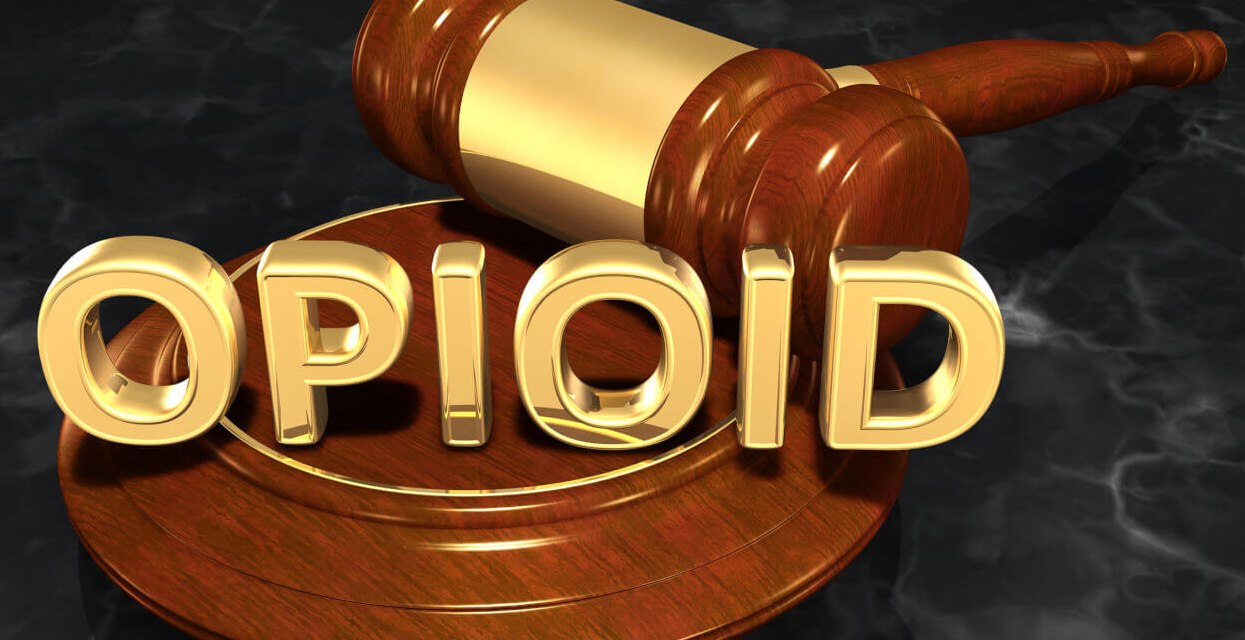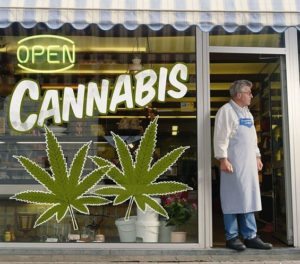…Of opioid lawsuits, that is, stemming from the prescription painkiller epidemic. Brought by the city of San Francisco, it’s likely to become a test case for many other lawsuits yet to come. A successful prosecution would likely increase the amount plaintiffs could expect from settlements made down the line.
Here’s the story:
Landmark Opioid Litigation Trial Begins In San Francisco
The money they seek could be used to bolster limited treatment resources in areas particularly hard-hit by the opioid epidemic. There are many in that category, from urban to rural communities around the nation.
Defendants this time around include Allergan and Teva and the Walgreens pharmacy chain. A distributor was also named but may have already settled. It’s to be a bench trial, before a judge.
The charges are that Allergan & Teva (an Israeli company) employed deceptive marketing in order to sell, hiding real risks inherent in prescribing their products, thus boosting sales. Walgreens on the other hand is accused of failing to “identify, divert and report” suspicious prescriptions, even though they were required by law to do just that.
For the plaintiffs, the incentive is to recoup some of the vast sums they’ve already been forced to spend on damage related to opioid use, and to arming themselves for further expense yet to come.
The pharmacies will no doubt make use of the same defense they’ve employed before: That these medications were all prescribed by licensed physicians. That fact alone, Walgreens will argue, relieves them of any further responsibility for the outcome. If the doctor prescribed it, they argue, who are our employees to dare question it?
So long as they were only filling the prescriptions, according to the company, they couldn’t be liable– “no matter the volume (of drugs) or adverse downstream consequences.” And there were some real doozies, scripts written for amounts way beyond any conceivable patient need. The drugstores went ahead and filled them. None of their business, they said.
It does seem awfully convenient – a way to absolve the pharmacy and its employees from any responsibility, regardless of the outcome, or any role they might have played in helping to create it.
Nice work if you can get it.
From a purely treatment standpoint, I’d like to see more protections at the level of companies like these, in hopes of preventing a recurrence in the future. Companies shouldn’t be held solely responsible, but they should be a key link in the chain of responsibility, if we expect it to hold.
Corporate managers are under all sorts of pressures to put profits first. Including from investors intent on the very best possible return for their investment. That’s how our system is set up to work. Unfortunately, sometimes what’s good for the corporate bottom line turns out to be bad for the doctors and the patients they treat.
Just as an aside: a study released just a few weeks ago suggested that simply having a working national healthcare system, with universal coverage – like so many other nations have — would likely have resulted in several hundred thousand more lives saved from COVID-19. Just in the past couple years. Here’s the story:
Wonder how many lives lost to drugs would have been saved, as well. Quite a few, I’d guess.













